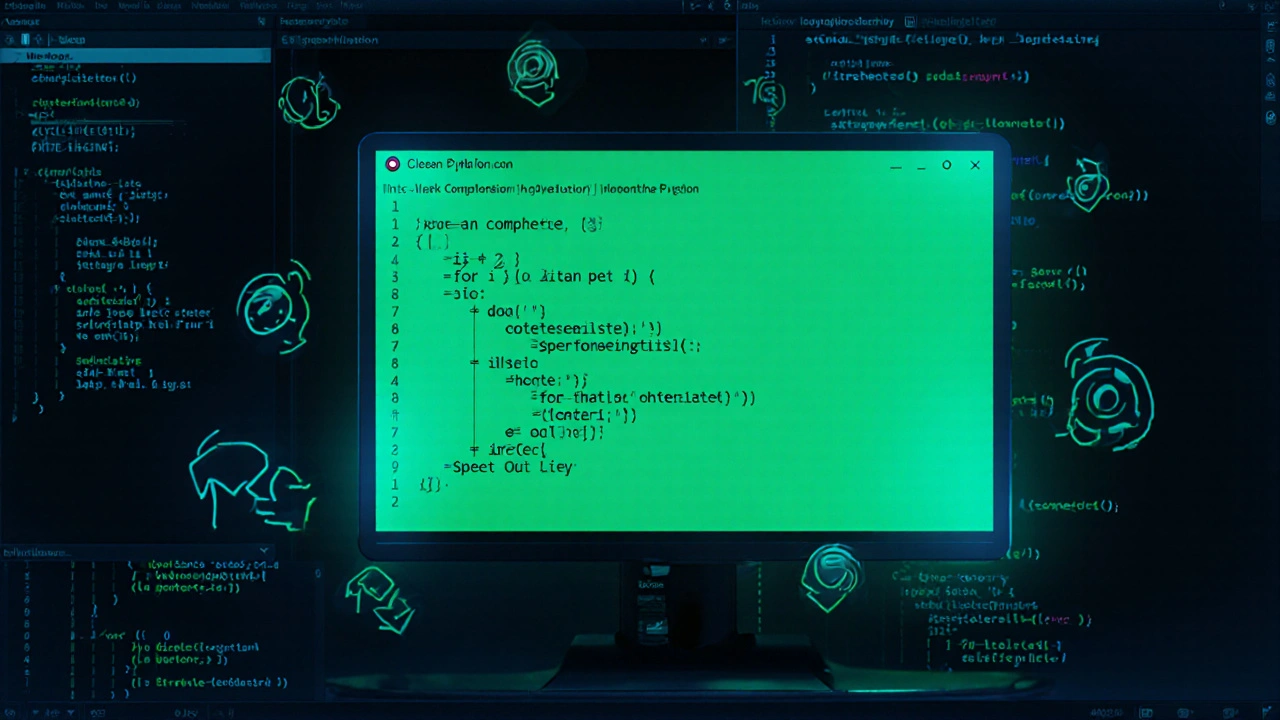Python Optimization: Speed Up Your Code and Work Smarter
When you're working with Python, a versatile, beginner-friendly programming language used for everything from web apps to artificial intelligence. Also known as CPython, it's the go-to language for developers who need to move fast without sacrificing clarity. But writing clean Python isn’t enough—python optimization is what turns good code into great code. It’s not about making things fancy. It’s about making them faster, lighter, and less likely to break when your script runs on a server, a laptop, or a cloud instance with limited memory.
Python optimization isn’t just for experts. Even if you’re using Python for simple automation, data analysis, or AI projects, small tweaks can save you hours. Think about how long you wait for a script to finish. If you’re looping through thousands of rows in a spreadsheet or training a model with PyTorch, inefficient code means waiting—and waiting. Optimized Python uses less memory, runs quicker, and scales better. It’s why companies like Instagram and Dropbox rely on it. And it’s why you’ll see the same tricks repeated across posts here: list comprehensions instead of loops, using built-in functions like map() and filter(), avoiding global variables, and choosing the right data structure—like sets over lists for fast lookups.
Related concepts like coding efficiency, how quickly and cleanly you can solve problems with code and python for ai, using Python to build machine learning models and deploy large language models are deeply tied to optimization. You can’t train an AI model efficiently if your data loading is slow. You can’t automate reports if your script takes 10 minutes to run. Optimization isn’t a side task—it’s part of the workflow. Tools like cProfile and line_profiler help you find bottlenecks. Libraries like NumPy and Pandas are optimized under the hood, but only if you use them right. And don’t forget: sometimes the best optimization is not writing code at all—using built-in Python features or switching to a more efficient algorithm can cut runtime by 90%.
What you’ll find in the posts below isn’t theory. It’s real, tested advice from developers who’ve been there. You’ll see how to make Python scripts run faster for AI tasks, how to avoid common mistakes that slow things down, and how to write code that’s both readable and efficient. Whether you’re just starting out or you’ve been coding in Python for years, there’s something here that’ll save you time—maybe even your next project.

Boost Your Productivity with These Python Tricks
Learn practical Python tricks that boost productivity, reduce code bloat, and speed up execution. From list comprehensions to pathlib and lru_cache, these real-world tips save time and prevent common mistakes.